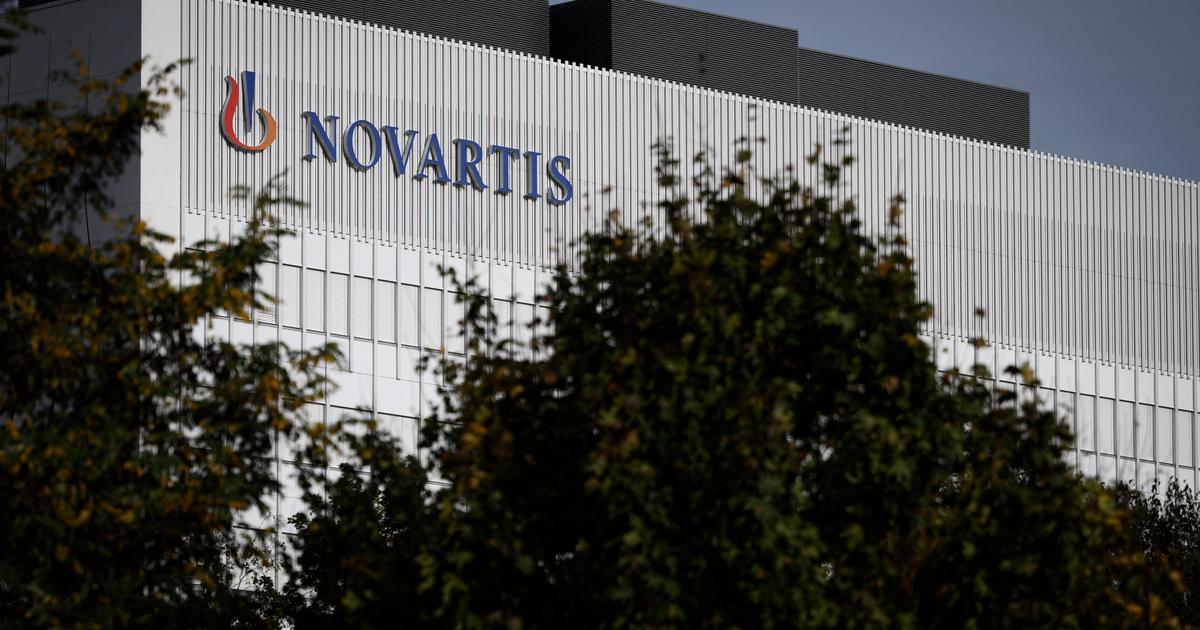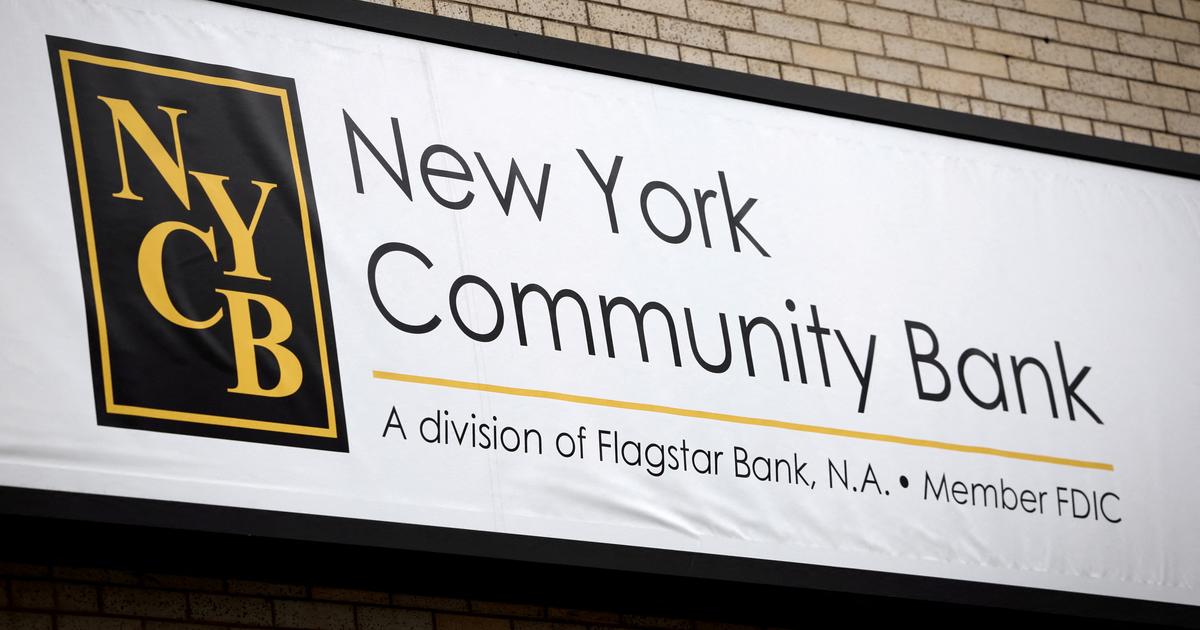Private bailout for the First Republic Bank.
A total of 11 large banks in the United States, led by JP Morgan, have decided to pitch in and come to the aid of the 14th largest bank in the country by assets.
Based in San Francisco, the First Republic is the entity that most resembles the fallen Silicon Valley Bank (SVB) by size and geographic location.
The operation has been carried out under the auspices of the authorities and involves the injection of some 30,000 million dollars in deposits (just over 28,000 million euros at current exchange rates).
“Today, 11 banks have announced $30 billion worth of deposits at First Republic Bank.
This show of support from a group of large banks is very welcome and demonstrates the resilience of the banking system," the Treasury Department, the Federal Reserve, the FDIC, and the OCC have stated. in a brief joint statement.
The entities have been coordinating this Thursday to share the effort in proportion to their size.
JP Morgan Chase, Bank of America, Citigroup and Wells Fargo will contribute $5 billion each.
For their part, Morgan Stanley and Goldman Sachs will put another 2,500 million.
The remaining 5,000 million are shared by other smaller entities: PNC Financial Services, Bank of New York Mellon, Truist Financial, State Street and US Bancorp, at a rate of 1,000 million dollars each.
The private rescue is a relief for the secretary of the treasury, Janet Yellen, who this Thursday declared before a Senate commission that "the banking system continues to be solid."
The president of the United States, Joe Biden, has promised that taxpayers will not suffer losses with financial bailouts, as happened with the aid to some entities in the financial crisis of 2008.
First Republic shares slumped on Monday and barely made up some of the ground lost on Tuesday.
The punishment intensified this Thursday, when its price marked new lows as a result of the S&P and Fitch agencies lowering its solvency rating for fear of a flight of deposits like the one that caused the liquidity crisis and the fall of its neighbor SVB. , based in Santa Clara, in the middle of the valley, just outside of San Francisco.
Various formulas have been discussed, from a capital increase to the purchase of the entity, but finally the idea that each of the large banks makes a multimillion-dollar deposit with which to ward off the risk of a liquidity crisis has prevailed.
Although the Federal Reserve approved an advantageous type of loan to provide liquidity to troubled entities and prevent a flight of deposits, the type of assets that First Republic has did not allow it to access a sufficient cushion.
First Republic Bank has been working with JP Morgan to try to overcome its crisis.
On Sunday, the same day Signature Bank was also seized by regulators, the San Francisco bank said it had "further enhanced and diversified its financial position," securing additional liquidity from the Federal Reserve and JP Morgan.
"The total liquidity available and not used to finance operations already exceeds 70,000 million dollars," he said at the time in a statement.
First Republic specializes in private banking and has grown into a wealth management firm with some $271 billion in assets.
In recent days, the bank has made an effort to differentiate itself from Silicon Valley Bank.
Unlike SVB, which counted
startups
and venture capital firms among its biggest clients, First Republic has claimed that no sector accounts for more than 9% of total corporate deposits.
However, its location, its size, its strong growth and the high volume of uninsured deposits are parallels that investors have taken into account.
As in the case of Silicon Valley Bank, First Republic executives sold nearly $12 million worth of shares in the months before the bank's stock market crashed.
Its president, James Herbert, got rid of titles for an amount of about 4.5 million, according to
TWSJ.
It's actually a fairly small part of his stake, and Herbert has been alternating buying with selling, according to forms posted by the bank on his website.
Moody's has worsened the solvency outlook for the US financial sector as a whole and has placed half a dozen entities under surveillance, including the First Republican Bank, for a possible downgrade.
Follow all the information on
Economy
and
Business
on
and
, or in our
weekly newsletter




/cloudfront-eu-central-1.images.arcpublishing.com/prisa/2VA2ALVO6BDXLM22W73UWN5GDY.jpg)
/cloudfront-eu-central-1.images.arcpublishing.com/prisa/2KVLLY26ZNGK3OCBRI676KYGKA.jpg)









